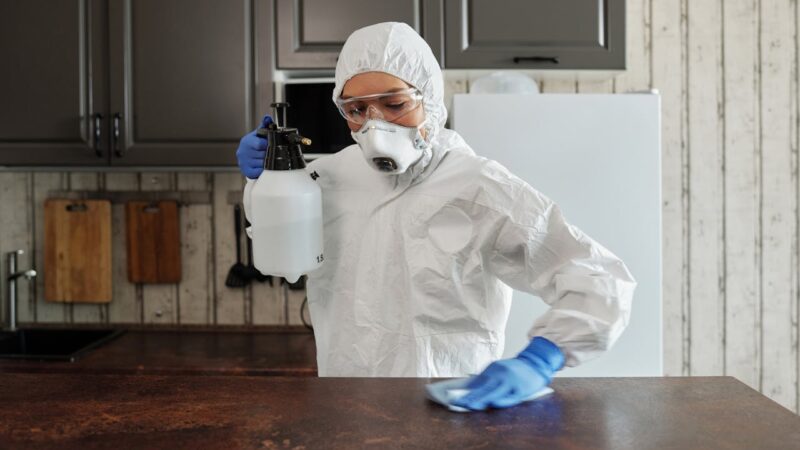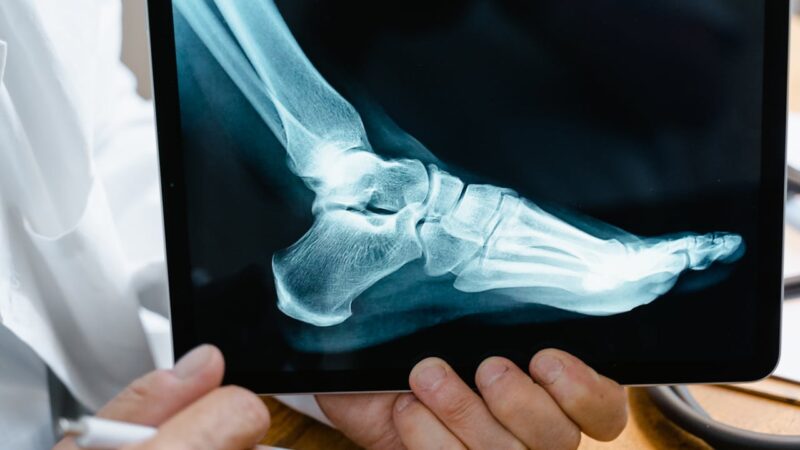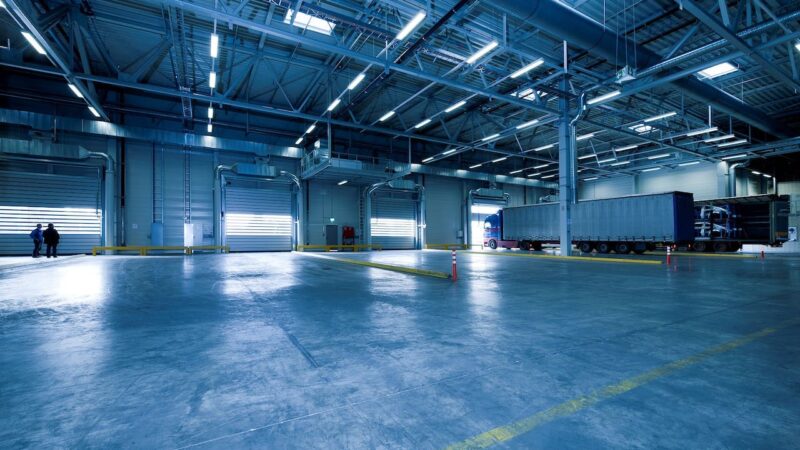Starting Out in Gardening – Quick and Easy Suggestions to Start Applying Today
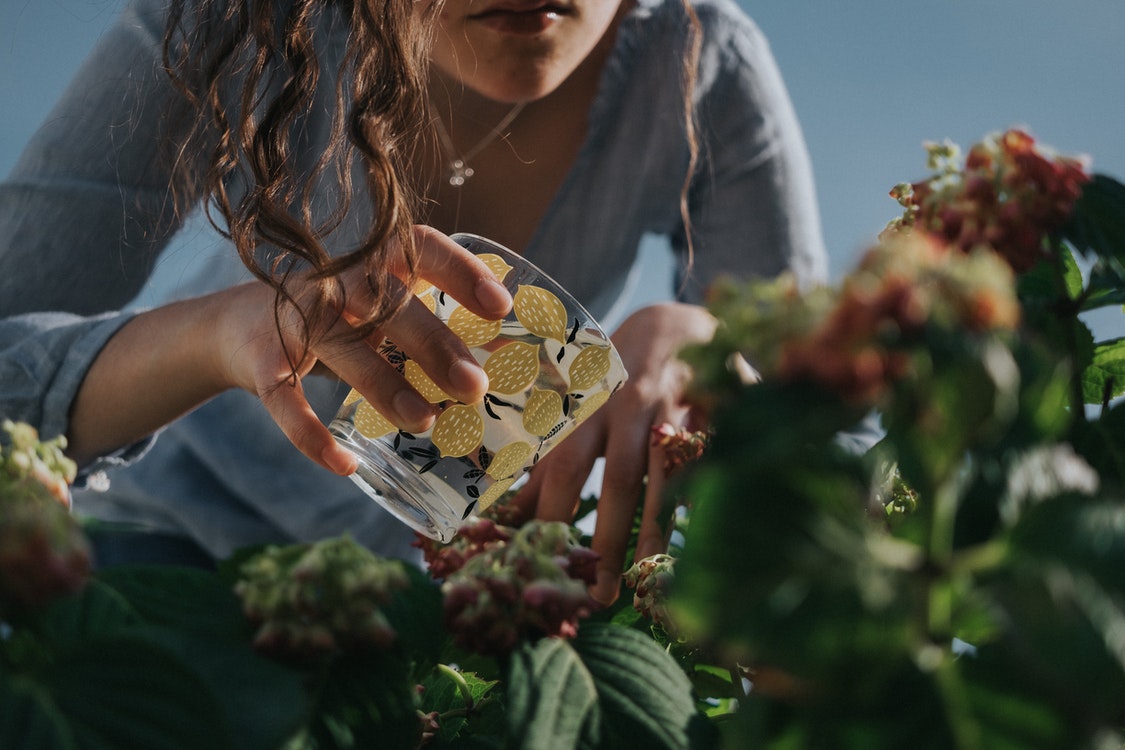
Starting out in the world of gardening can be a challenge. Many people want to jump right into it, while others have been doing it for years and know all about all of the different things that need to be done to get plants to grow well. Others simply don’t know where to start or what to do.
If you are one of those people who have no idea about the best way to go about starting out in the garden, you might want to look at these pointers before you get started. They are going to give you a little information on how you can go about planting your first plants, taking care of the plants, and maintaining the health of the plants that you have now.
The first tip that you will want to keep in mind is that it’s very important to start out with the right type of seeds. This is different for most people. There are people who simply grab any seed that looks interesting to them, throw it in their terrarium, and then wonder why no flowers are growing or whatever.
That is not the way to go about it. First, when you are starting out in gardening, you will want to pick out a plant that has gone to grow slowly. Some of the slower-growing plants are going to be the easier ones to take care of since they won’t flower and die out in a very short amount of time.
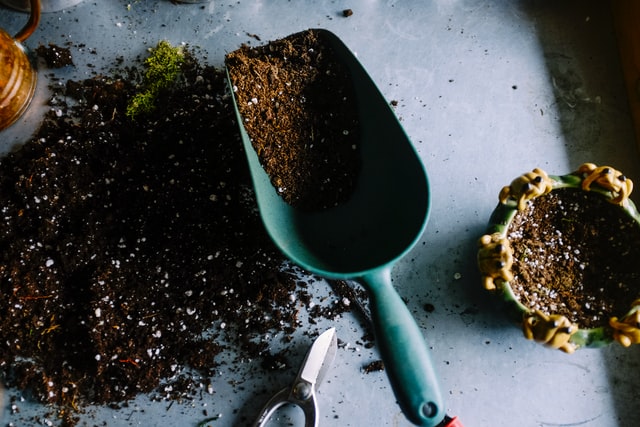
Next, make sure that the seeds that you purchase are from a reputable source. Even though this may not seem like an important step in gardening, it can really impact what happens as you continue to grow and harvest. Don’t buy the cheapest seeds that you can find.
Remember, this will be your first crop. So, instead of just grabbing whatever you can find, go ahead and spend a little more money on quality seeds and growing plants that will grow slowly and consistently. Another important step is to consider what you are going to be growing. Is your garden going to produce flowers? Or, are you planning on planting vegetables? What are a number of options you got for other essential gardening items?
Knowing this information ahead of time will help you choose the right plants for your garden. Also, you may want to think about planting all of your food in a storage area away from where your plants will be growing.
Next, you should look into where you are going to be growing your food. If you are going to be growing food that you can eat right off the plant, you have a lot less work in preparing the soil. However, if you are planting seeds that you have to germinate, you have to dig in the soil and prepare it for the seeds.
You need to do this regardless of whether or not you plant fruits or vegetables. If you have green beans, for instance, you need to germinate them in a different soil from where you want to plant them, so that you don’t end up with green beans mixed in with your other food.
After you know which plants you will be growing, it is time to start learning about organic gardening. This involves using materials that are as natural as possible to ensure that you are not harming the environment.
The reason organic gardening is important is that some chemicals and pesticides can cause great damage to the soil. One example of this is when a farmer tills the soil with a trowel, there is some chemical fertilizer used. This causes the soil to become compacted, which makes it very hard for water to move around.
Organic gardening allows you to use materials that are friendlier to the environment. For instance, by using manure from animals (such as cows), you are reducing the number of chemicals that would otherwise have been used.
Another important fact to keep in mind is that many plants like green beans need a specific amount of light each day to grow well. If you are growing food for your family, you should keep this in mind, as it is best if you get about six hours of sunlight each day.
In order to ensure that your plants get enough sunlight, the best option is to plant them in an area that gets about six hours of direct sunlight. However, if you are planting in your backyard, you should make sure that the area is not too big so that weeds cannot grow.
Another tip for organic gardening is the importance of using fertilizers. By doing this, you are increasing the nutrient levels in the soil which helps your plants grow healthier.


